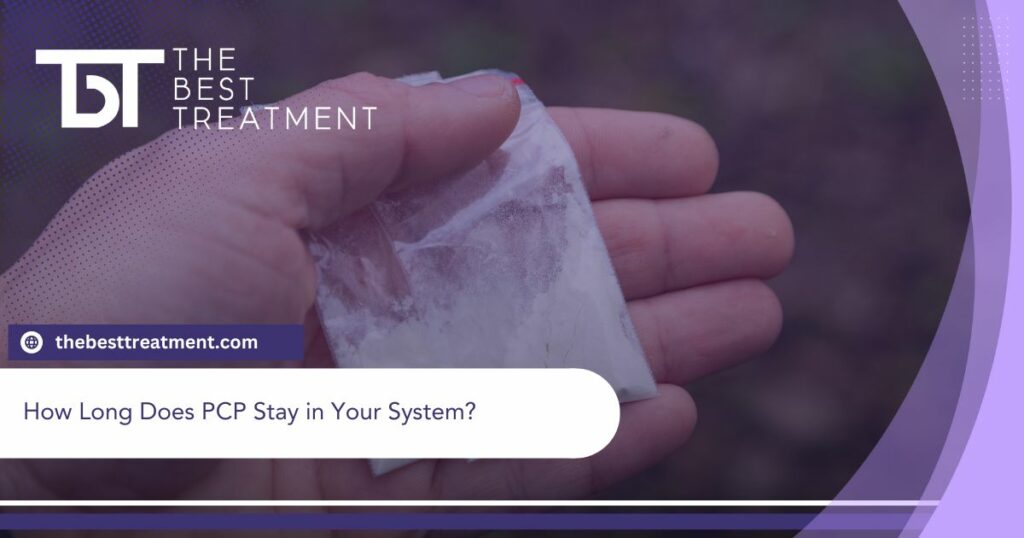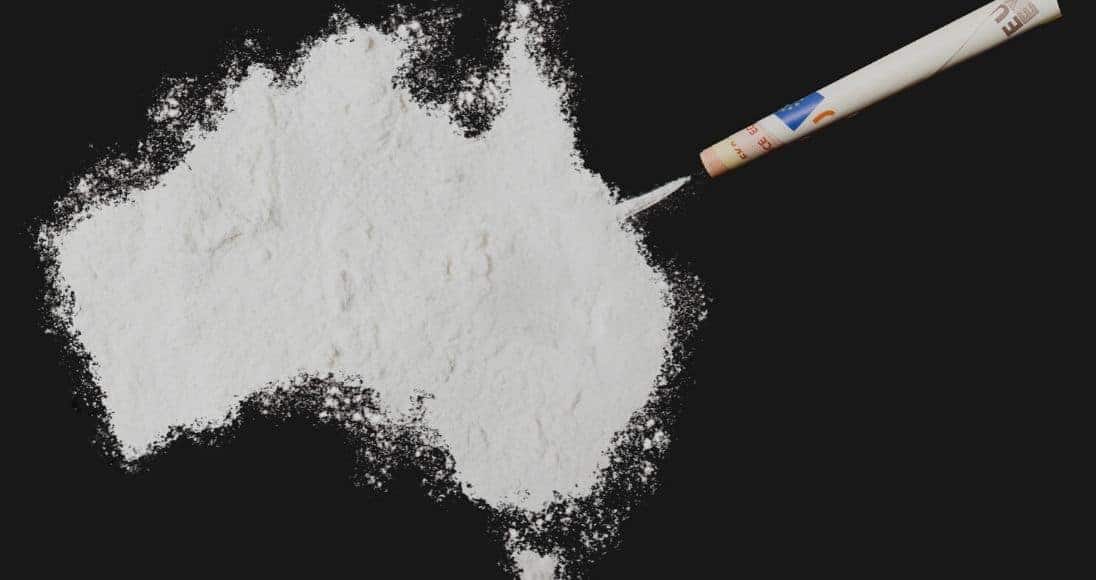Table of Contents
Cocaine is a powerful and illegal stimulant drug that is often glamorized in movies, TV shows, and other forms of pop culture. Those who portray cocaine abuse as “cool” or socially acceptable are seriously underestimating the addictive nature of this drug. Unfortunately, these damaging myths about cocaine addiction are widespread, and they make people think the drug isn’t nearly as dangerous as it really is.
In reality, cocaine is expensive and addictive. People who abuse it may develop a tolerance quickly, so they begin using increasing amounts of the drug until they can no longer function without it. Then, people may find themselves spending all of their money, time, and resources maintaining their drug habit. This can lead to other problems at work, school, or home as well as a person’s health and overall quality of life.
The 2016 National Survey on Drug Use and Health found that approximately 1.9 million (equivalent to 0.8% of the population) that is aged 18 or older are current cocaine users. Most of these survey respondents reported using cocaine between 2 and 20 times over the course of the year.[1] Moreover, nearly 25 million Americans have used cocaine at least once in their lifetime. As one of the most commonly abused illicit drugs, it is important to be aware of the myths surrounding cocaine abuse and addiction so you can keep yourself and your loved ones safe.
Myth: Cocaine is Safer and More Socially Acceptable Than Other Drugs
Many people abuse cocaine at parties, raves, or nightclubs where there are a lot of people and a lot of energy. You may even see people passing around crushed up lines of the substance like it’s no big deal. We also see cocaine use often in movies, music videos, and television shows, so it’s easy for people to normalize the drug and view it as safer than other substances. However, this couldn’t be further from the truth.
Cocaine use is dangerous for many reasons. First, many users mix the substance with alcohol or other drugs, which increases the likelihood of a fatal overdose. Not only that, but one study found that among people who had driven under the influence, cocaine was the second most commonly used drug.[2] Drivers who are under the influence of cocaine may be distracted, reckless, or aggressive. The drug may also encourage risky and illegal behaviors, putting users at risk for many different consequences.
Myth: Cocaine Addiction Forms Slowly Over an Extended Period of Time
Most people know that cocaine is addictive, however, they believe that it takes a long time to get addicted to the drug. By comparison, virtually everyone knows that drugs like meth and heroin can get people hooked after just a few uses. Since the drug is so widely abused, many people underestimate how addictive cocaine really is.
The truth is that cocaine is a highly addictive substance – so addictive that it compares to the most addictive substances like nicotine, heroin, and meth. People who use the drug can become physically and mentally dependent on it after just a couple of doses. Furthermore, when the high wears off, many users will immediately begin craving more cocaine, making it very difficult to stop. Users who are addicted to cocaine can benefit from addiction treatment.
Myth: Cocaine Will Improve Your Performance at Work, School, or Sports
It’s true that, in the short term, cocaine use may increase energy levels, creativity, thought processes, and concentration. This is why college students may use it to study, stressed-out workers may use it to meet demands, and athletes may use it to boost performance. However, the effects of cocaine wear off within 30 minutes after using it. When the high wears off, users will have a comedown that can leave them feeling anxious, restless, and more distracted than before.
Oftentimes, the effects of cocaine last far shorter than the task a person actually needs to complete. As a result, people will use more and more cocaine throughout the day. Doing this on a regular basis increases the risk of dependence and addiction. Long-term cocaine abuse may lead to panic attacks, paranoia, psychosis, difficulty concentrating, and even neurological disorders – all of which can seriously affect a person’s performance at work, school, or sports.[3]
Myth: There are Virtually No Side Effects
One lesser-known myth about cocaine addiction is that some people believe it has little to no side effects. It’s true that drugs affect everyone differently, however, there are a number of serious side effects that you should be aware of. Side effects of cocaine use include:[4]
- Increased heart rate and blood pressure
- Weight loss
- Nausea and abdominal pain
- Tremors
- Vertigo
- Panic
- Aggression
- Anxiety and depression
- Irritability
- Compulsive, repetitive behaviors
- Hallucinations
- Paranoia
Lastly, although rare, some people may experience sudden death upon their first use of cocaine or with larger doses.
Myth: Using Cocaine Makes Sex Better
In addition to producing increased energy and confidence, people who use cocaine often report having an increased sex drive. While it may make people feel more aroused and connected to one another, cocaine can actually cause a delayed or impaired orgasm. In addition, having intercourse while under the influence of cocaine can increase the risk of irresponsible sexual behaviors, such as having sex without protecting or contracting an STD.[5]
Find Help for Cocaine Addiction
If you have been using cocaine, hopefully learning the truth behind the myths about cocaine addiction is enough to convince you to seek help. Even though cocaine is dangerous and highly addictive, recovery is entirely possible. Contact one of our dedicated addiction treatment providers today to learn about your treatment options.
References:
- https://www.drugpolicy.org/drug-facts/cocaine/how-many-people-use-cocaine
- https://www.drugabuse.gov/publications/drugfacts/drugged-driving
- https://www.drugabuse.gov/publications/research-reports/cocaine/what-are-long-term-effects-cocaine-use
- https://www.verywellmind.com/cocaine-frequently-asked-questions-66710
- https://www.ncbi.nlm.nih.gov/pmc/articles/PMC5343757/
Medically Reviewed: September 25, 2019

All of the information on this page has been reviewed and verified by a certified addiction professional.










